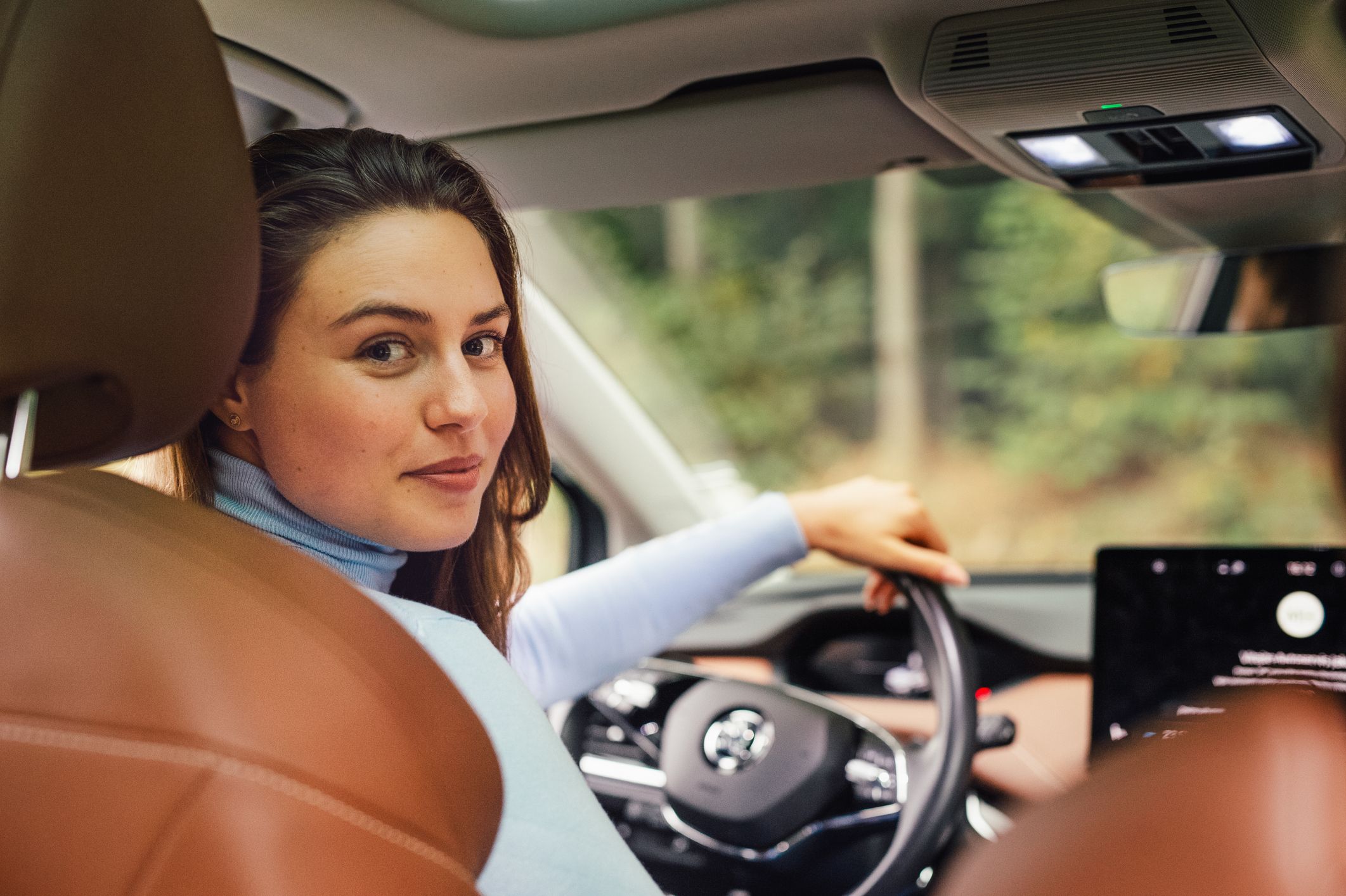How to Avoid Car Scams When Buying or Selling
Buying a car should be a joy, not a worry. Our straightforward guide helps you spot the signs of common car scams, so you can protect your money and make a safe purchase. We’ll walk you through the red flags to watch for, from fake listings to pressure tactics.
The Cazoo editorial team
Published on 28 August 2025 | 3 mins read

Buying or selling a car should be an exciting milestone, but unfortunately, there are scams out there that can turn it into a stressful experience. Fraudsters use clever tactics to take advantage of unsuspecting car buyers and sellers, but with the right knowledge, it’s easy to stay one step ahead. Here’s how to spot and avoid common car scams so you can focus on finding—or selling—your perfect car with confidence.
Common Car Buying Scams
When buying a car, you’re putting both your hard-earned money and trust on the line. Scammers know this and use a range of tactics to dupe buyers into paying for vehicles that either don’t exist or aren’t what they seem.
1. The "Too Good to Be True" Price
One of the most common tactics is baiting buyers with cars listed at prices well below market value. These listings may feature a sob story to explain the low price (like "I’m moving abroad"), paired with a push to complete the transaction quickly.
- What to do: Be cautious of underpriced cars and always compare the price with similar models. If something feels off, trust your gut.
2. Cloned or Stolen Vehicles
Some fraudsters sell stolen cars that have been "cloned" using the details of a legitimate vehicle. They falsify the VIN (Vehicle Identification Number), registration plates, and even the documentation to make the purchase appear legitimate.
- What to do: Always check that the VIN, number plate, and details in the V5C logbook match. Verify official records online using the DVLA vehicle information tool.
3. The Cut-and-Shut Scam
This dangerous scam involves welding together parts from different damaged vehicles to create one "franken-car." Although it might look fine on the surface, cut-and-shut cars are not roadworthy and could be unsafe.
- What to do: Look for inconsistencies, like mismatched paintwork or poorly aligned panels. A professional inspection or history check can help reveal whether the vehicle has been involved in accidents and repaired.
4. Deposits for "Virtual Vehicles"
Scammers use fake online listings to attract buyers with stunning deals. They request a deposit or full payment in advance, only to vanish once the money is sent—without delivering the car.
- What to do: Never transfer money or pay a deposit without first seeing the car in person. If the seller is unwilling to meet or insists on "delivery" arrangements, walk away.

Common Car Selling Scams
Scams don’t just target buyers—if you’re selling your car, you also need to be vigilant. Fraudsters can use tricky schemes to deceive sellers and make off with the car—or your money.
1. The Overpayment Scam
A buyer offers a cheque or electronic payment for more than the agreed price, asking you to refund the excess amount. However, the cheque or payment later turns out to be fake, leaving you out of pocket.
- What to do: Never accept overpayments. Always confirm that funds have cleared before handing over the car or refunding any money.
2. The "No Viewing" Buyer
Some scammers will promise to buy your car without seeing it in person. After the sale, they may claim the car had hidden faults and demand a partial refund—or worse, threaten legal action to extort money.
- What to do: Always insist that buyers inspect the vehicle in person. Document any damages or faults beforehand and include these in a "sold as seen" receipt to protect yourself.
3. Vehicle Tampering
Shady buyers may tamper with your car during the viewing in an attempt to lower the price. Techniques include adding oil to the coolant tank to make it appear faulty or sabotaging parts during the inspection.
- What to do: Stay with the buyer at all times and keep the car locked if you need to leave temporarily. Trust your instincts and refuse the sale if anything seems suspicious.

Top Tips to Avoid Car Scams
1. Meet in Safe Places
Whenever possible, meet buyers or sellers at the address listed on the V5C document. Avoid making deals in neutral locations like car parks or service stations—it makes it harder to verify whether the car’s details are legitimate.
2. Verify Documentation
Double-check the authenticity of all paperwork, including the logbook, service history, and any identification details. Look out for signs of tampering, such as poor print quality or missing watermarks.
3. Run a Vehicle History Check
Services like an HPI check can quickly tell you if a car has been stolen, clocked, or written off. It’s a small cost for peace of mind on such a big purchase.
4. Never Rush the Process
Scammers often pressure buyers and sellers to act quickly, hoping you’ll make mistakes in your decision-making. Take your time to thoroughly check the car, documentation, and payment details before proceeding.
5. Stick to Traceable Payments
Avoid cash payments and instead use secure, traceable methods to protect both parties. For sellers, wait until the money is visible in your account before completing the transaction.
6. Trust Your Instincts
This might sound simple, but it’s true—if something doesn’t feel right, it probably isn’t. Don’t be afraid to walk away from a deal, especially if the other party is evasive or overly pushy.
By following these steps and staying vigilant, you can dodge scams and enjoy a smooth car-buying or selling experience. A little caution goes a long way towards protecting your money—and your peace of mind.